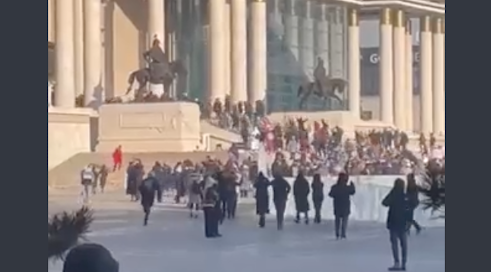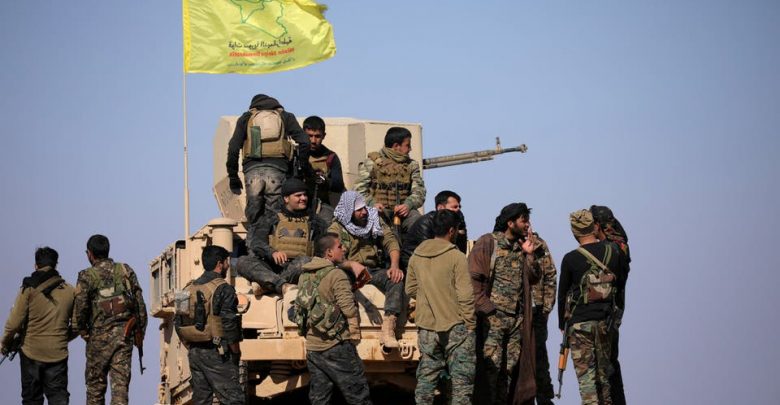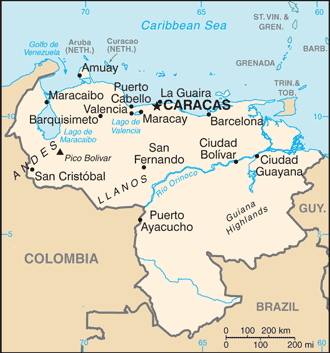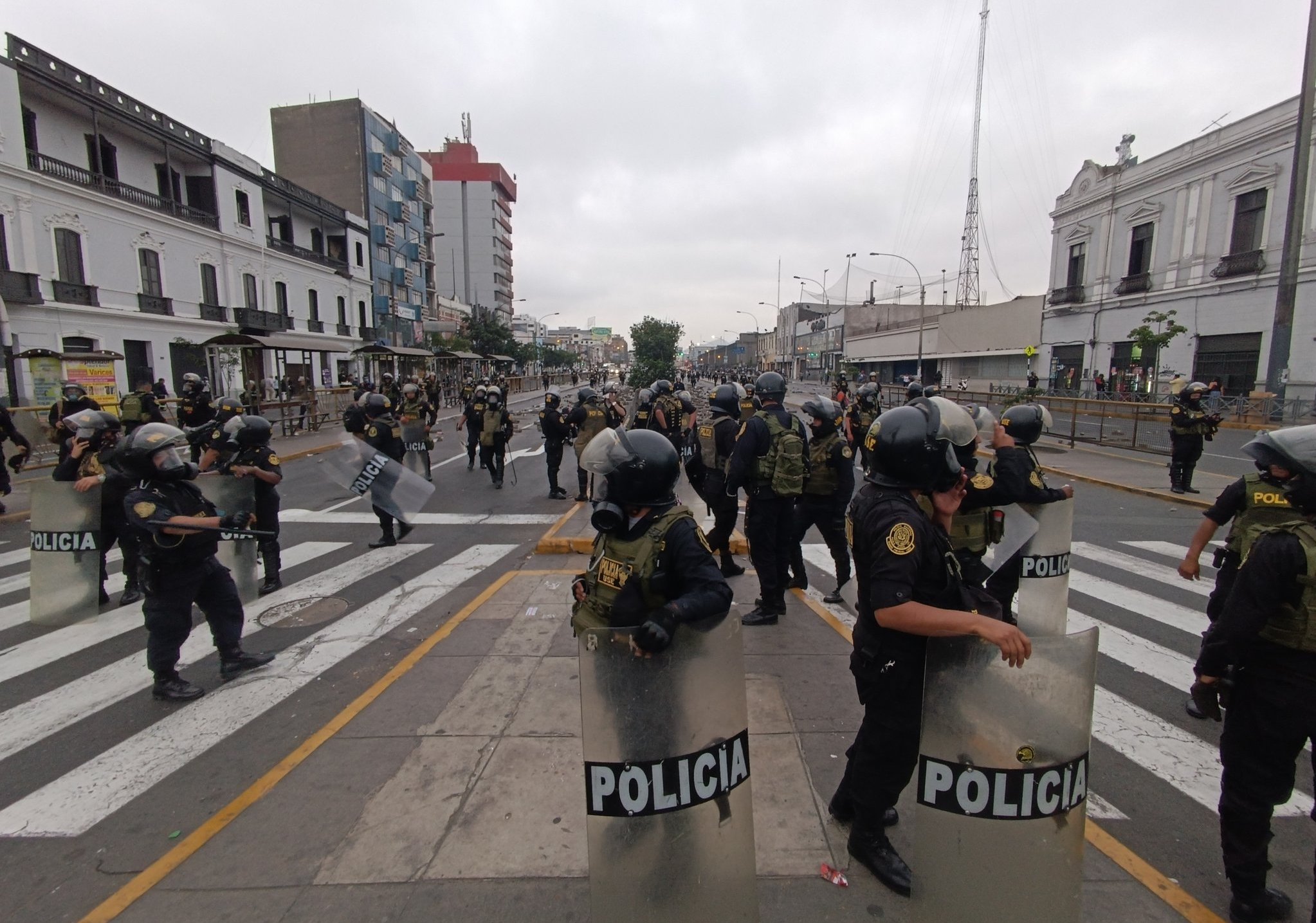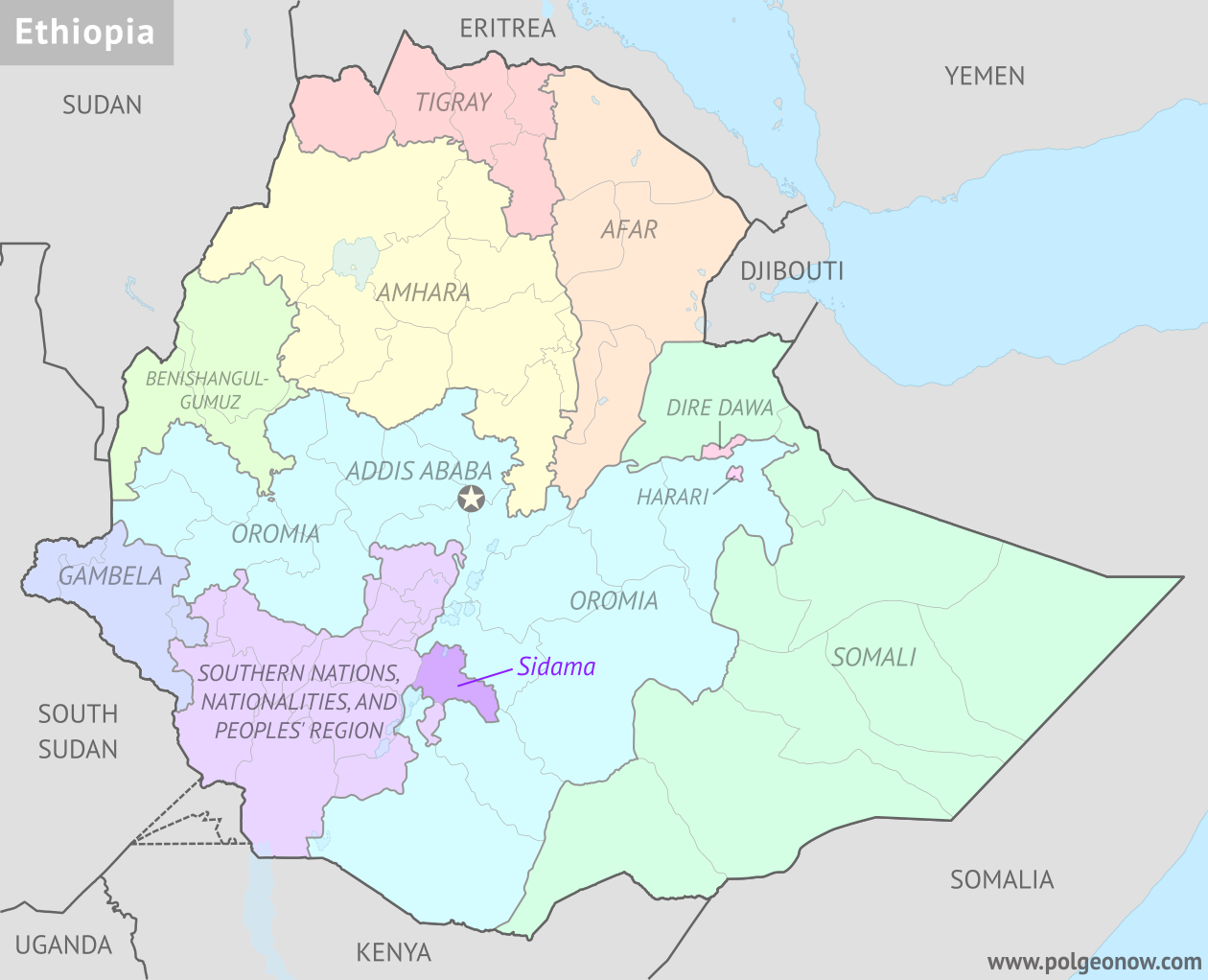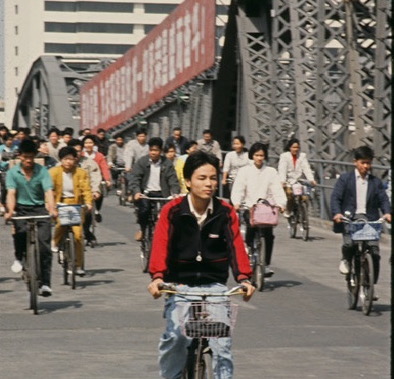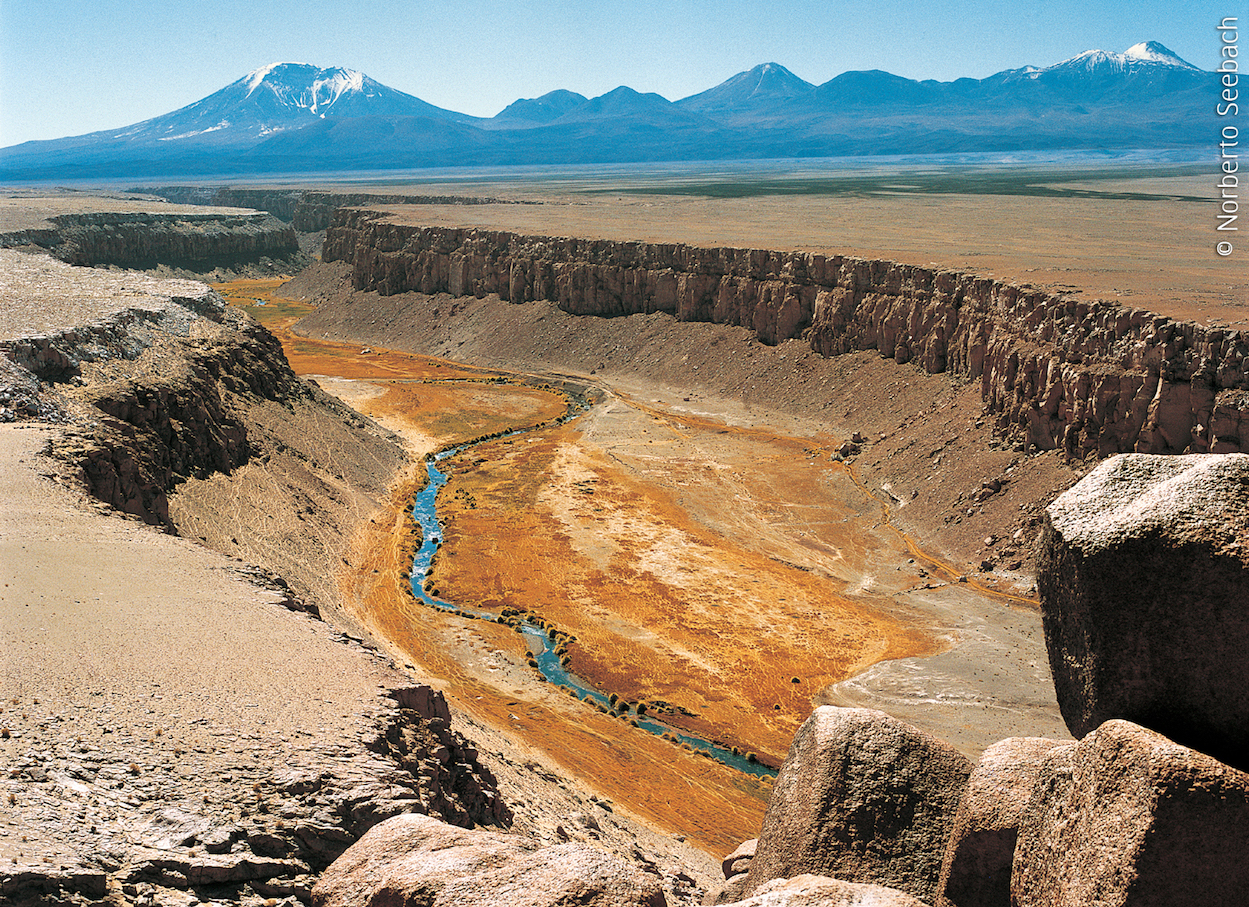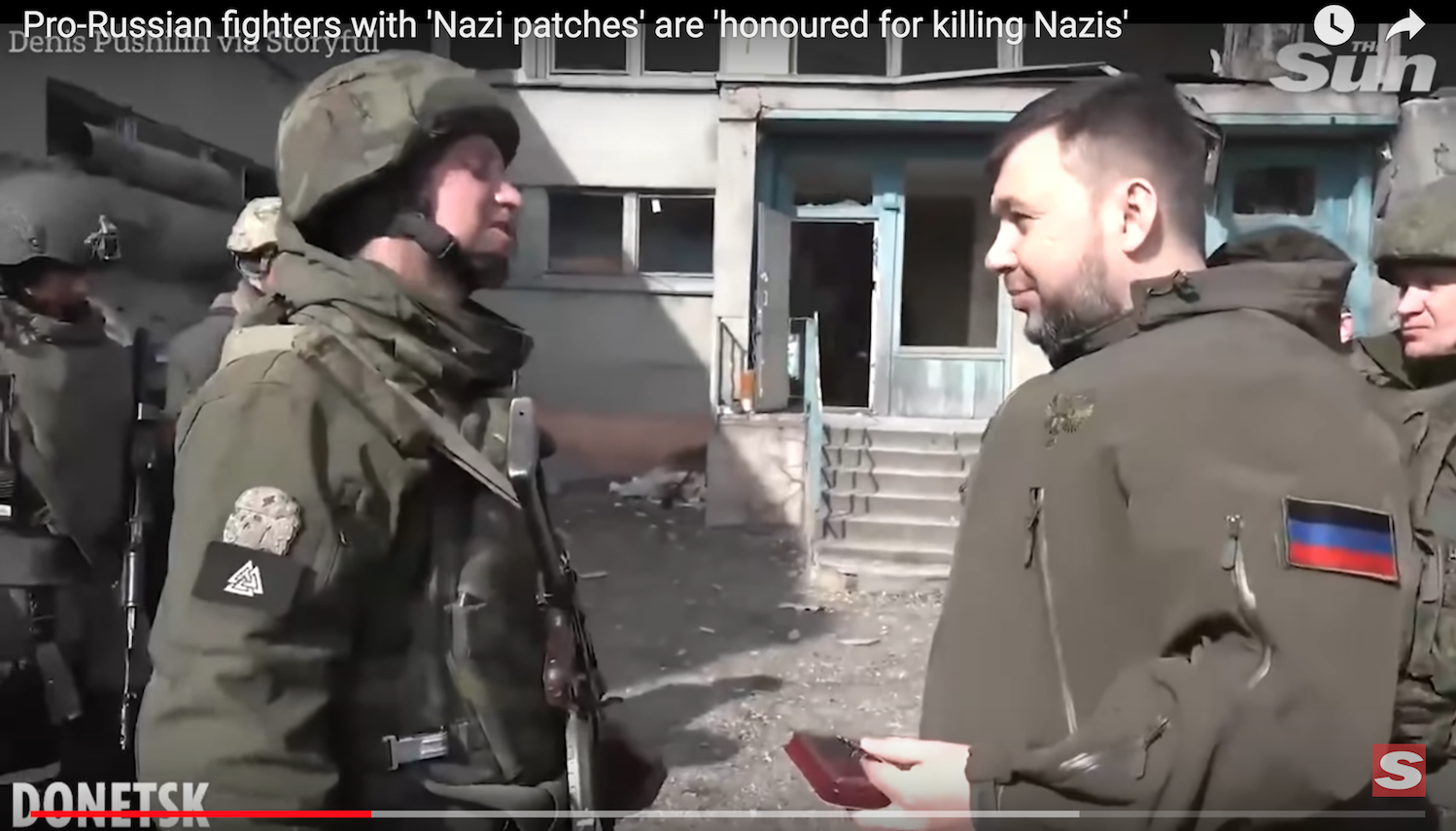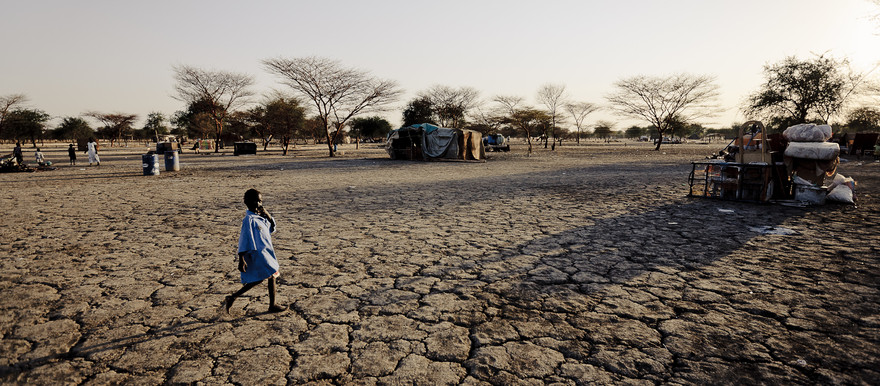
Sudan: regime spurring Kordofan violence?
At least 30 people were killed and dozens injured in armed clashes between members of the Hamar and Misseriya pastoralist groups in Sudan’s West Kordofan state. A Hamar militia that had been organized to protect against cattle rustlers was apparently ambushed by Misseriya gunmen in the locality of Abu Zabad, setting off the violence. Hamar leaders charge that state authorities and the paramilitary Rapid Support Forces (RSF) are protecting Misseriya bands that raid their lands with impunity. In Khartoum, the pro-democracy Resistance Committee is meanwhile calling for continued protests despite the new pact for a transition to civilian rule, saying that any deal must include provisions for transitional justice and reform of the security forces. (Photo: Tim Freccia/Enough Project via Dabanga)



